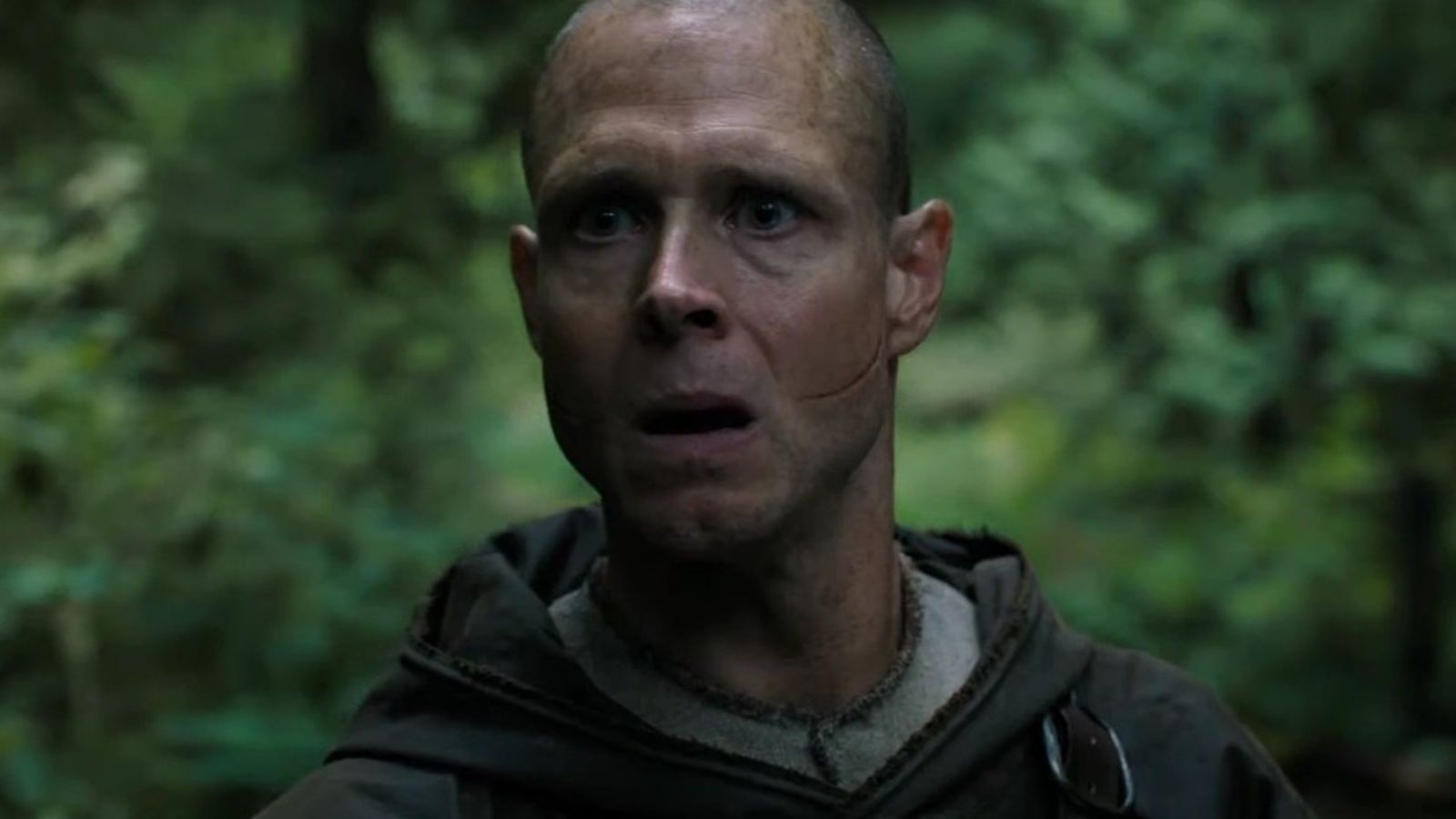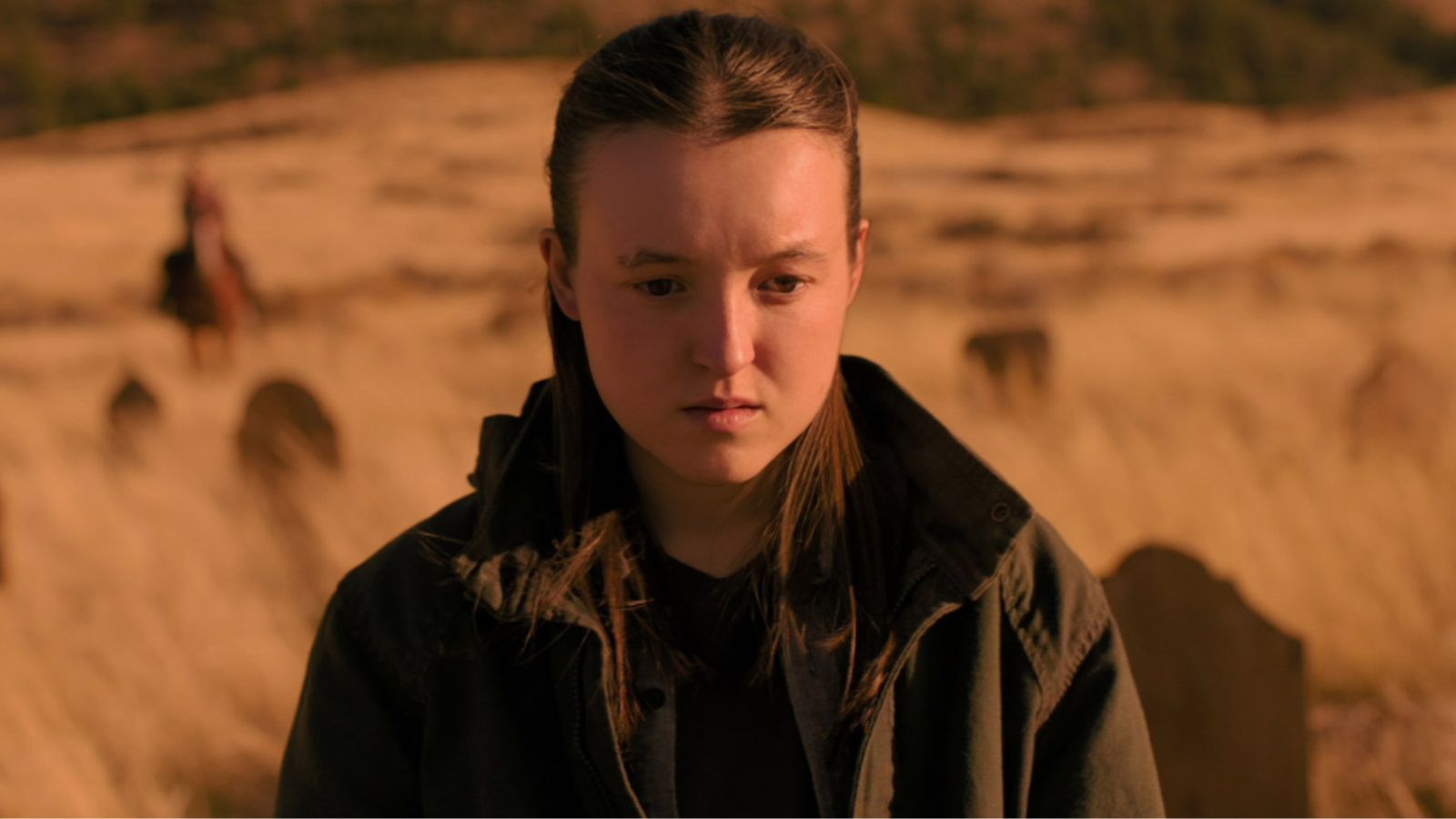
US Supreme Court Rules That Rightsholders Must Produce a Copyright Certificate
- The US Supreme Court has decided that no copyright infringement lawsuits will be accepted without a copyright certificate.
- Rightsholders complain that this would allow pirates to continue their operation unobstructed for months.
- The court suggests that better budgeting for the Copyright Office will resolve the problem.
The highest court in the Federal Judiciary of the United States has ruled that rightsholders will have to wait until their copyright is actually registered by the US Copyright Office before suing someone for an associated infringement. Judge Ruth Bader Ginsburg has issued the particular decision in the “Fourth Estate Public Benefit Corp vs. Wall-Street.com” case, which concerns a dispute on the content publication licensing arrangement between the two entities. As the prosecutor has filed a claim for registration via the Copyright Office but has not received the approval yet, the court has decided that the case cannot continue.
As the various courts across the country were so far following their own approach on the matter, this decision is considered to be a landmark one, setting the guiding rails on how copyright infringement suits should be handled. Creators will no longer be able to claim copyright on the work unless they possess a valid registration from the Copyright Office, and only then they will be able to file a copyright infringement lawsuit against anyone. This, of course, includes BitTorrent downloaders, who are vastly targeted by entities who do don't hold a certificate, and in the best case, they have just filed for one.
Thanks for this alert, Bill. It is very relevant for our BitTorrent copyright defense practice
— jeffrey antonelli (@Must_Save_USA) March 4, 2019
The problem for the rightsholders stems from the fact that it can take quite a few months for the Copyright Office to process a certificate request and issue it. In the meantime, the damages from piracy and unauthorized reproduction or sharing of copyright-protected work may reach inflated extents, as this is the way internet works. Thus, they argue that having a speedy resolution of such cases is essential for the protection of their work, and that delayed enforcement due to purely typical reasons will result in the indirect protection of piracy. As a representative of the Copyright Alliance points out: “On average, it takes the Copyright Office six months to process a claim. That average goes up to nine months if a Copyright Office Examiner needs to correspond with a copyright owner. In a world of viral, online infringement, a lot of damage can be done to a copyrighted work while an owner is powerless to stop it.”
The court acknowledges this problem but still maintains that it would be legally wrong to accept lawsuits without a certificate, no matter the implications for the prosecutor’s operations. As they justify: “Delays, in large part, are the result of Copyright Office staffing and budgetary shortages that Congress can alleviate, but courts cannot cure.” Long story short, they urge Congress to empower the Copyright Office to enable it to act quicker, or even streamline the process of approving valid copyright claims.
Do you think this decision is fair for the copyright owners, or should they be granted prosecution rights on the pre-registration phase? Share your thoughts in the comments section below, and don’t hesitate to do the same on our socials, on Facebook and Twitter.





